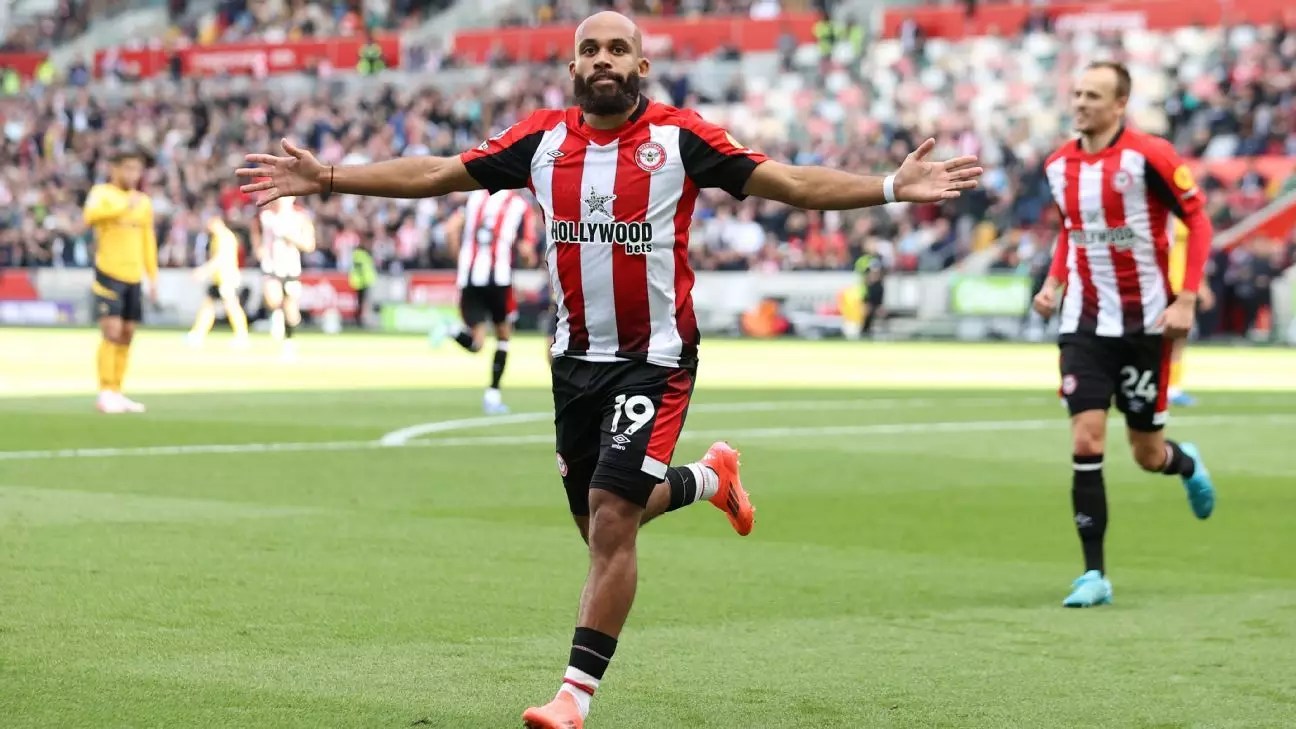Brentford’s recent rejection of Manchester United’s £62.5 million offer for Bryan Mbeumo is a telling example of how football clubs today are increasingly protective of their top talents—and rightly so. Mbeumo’s 20 goals in the Premier League last season firmly establish him as a proven forward, and Brentford recognize this as a justification for valuing him well above the initial bid. Too often, clubs sell promising players for undervalued fees due to impatience or financial pressure, but Brentford’s stance suggests a healthy confidence in their asset’s market worth and potential. This decision, though possibly frustrating for United supporters, should be applauded as a savvy business move that respects the player’s contribution and current market trends.
Manchester United’s Balancing Act of Ambition and Prudence
Manchester United’s intent to sign Mbeumo signals a clear strategic direction: they are targeting young, high-potential forwards to revitalize their attack. However, their insistence on not getting “held to ransom” underlines a disciplined approach to spending that is sometimes absent in the frenzy of the transfer market. Having already committed £62.5 million to Matheus Cunha, a slightly older striker with similar output, United must scrutinize their investment carefully. While the allure of securing a prolific 25-year-old forward is strong, United’s management is right to weigh costs against value, especially as they are currently outside European competition. This cautious but ambitious mindset could serve them well if applied consistently, avoiding financial recklessness that has plagued other clubs in recent years.
Brentford’s Market Savvy and Player Development
What’s striking about Brentford’s stance is their evolution into a club that understands the dynamics of modern football economics and talent development. In recent years, Brentford has established itself as a smart, data-driven club capable of nurturing talent and maximizing players’ value. Retaining Mbeumo’s worth above £65 million not only reflects his recent exploits but also Brentford’s confidence in their development system and the player’s future potential. This approach may deter impulsive bids but encourages interested clubs to recognize the true long-term value of their targets, setting a precedent for how smaller clubs can command respect in the transfer market.
The Complex Dynamics of Modern Transfers
The negotiation between Brentford and Manchester United highlights the often complicated, almost chess-like maneuvering that occurs behind the scenes. While fans see headlines of bids rejected or accepted, the real story involves nuanced considerations—player desires, club strategies, financial discipline, and future projections. United’s belief that Mbeumo wants to join them reveals that player agency still plays a critical role, but the final decision rests on financial and strategic alignment between the clubs. This balance between ambition, pragmatism, and negotiation flair reflects a maturing transfer market where psychological and economic pressures interplay—making each deal far more than just a transaction.
Overall, this tug-of-war over Bryan Mbeumo underscores a broader trend in football: players’ reputations and performances command premium prices, and clubs are increasingly unwilling to undervalue their assets. Brentford’s firm stance challenges buyers like Manchester United to align their ambitions with realistic valuations, ensuring the market evolves thoughtfully rather than through hasty, undervalued deals.


Leave a Reply